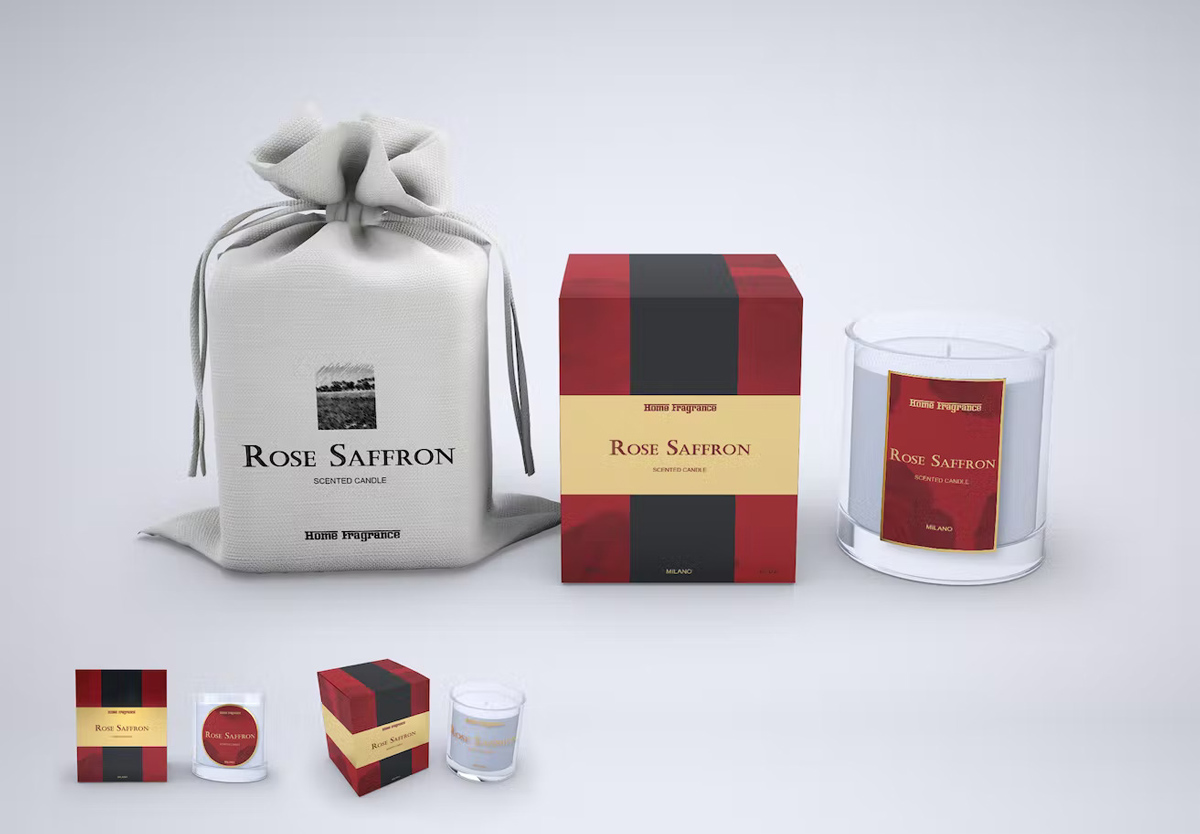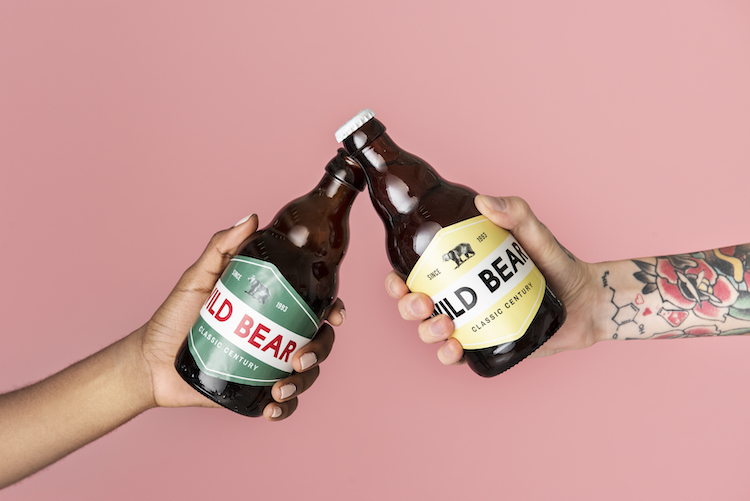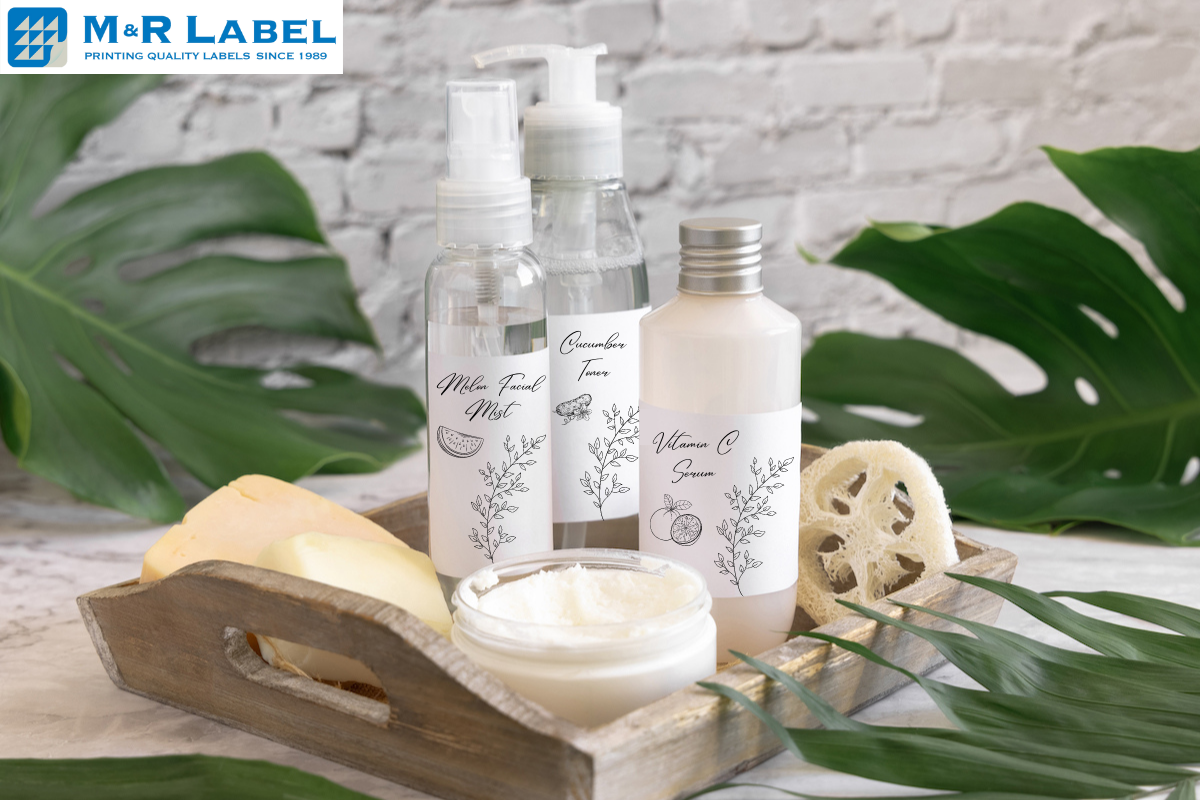Are you looking for a high-quality, professional label printer? Do you need custom labels for a new product and don’t know where to start? You’ve come to the right place!
With so many different kinds of custom labels and printing capabilities out there, it can be confusing. But that’s what we’re here for! At M&R Label, we’re a full-service printing partner that can guide your business every step of the way when it comes to designing and printing custom labels.
Did you know we specialize in pressure-sensitive labels? Today, we dive into the in’s and out’s of pressure-sensitive labeling and why your company may benefit from this technique!
What is a Pressure-Sensitive Label (PSL)?
Pressure-Sensitive Labeling (aka PSL) is a type of label that adheres to a surface when pressure is applied. It’s very similar to a sticker. Hence, they don’t require heat, water, or any solvents to help them stick to the packaging. While they may appear like simple labels, they have three layers, including:
- a face material (the printable surface)
- an adhesive layer (what helps the label stick to the product)
- a release liner (the backing that protects the adhesive until application)
Pressure-sensitive labeling works by utilizing a pressure-sensitive adhesive that activates when you apply pressure. When the label is applied to a surface, pressure on the adhesive causes it to bond with the surface. The release liner is then removed, leaving the label in place.
Top Features and Benefits of Pressure-Sensitive Labels
There are several key reasons why these types of custom labels are such a hit among businesses. If you’re wondering why they are so popular, let’s take a look at some of the benefits of pressure-sensitive product labels:
- Versatility: Pressure-Sensitive Labels can be used on a variety of surfaces, including glass, plastic, metal, and paper, making them suitable for various types of packaging.
- Durability: Pressure-Sensitive Labels are resistant to moisture, temperature changes, product handling, and other harsh conditions, ensuring that the label does not get tarnished at any point during the product’s lifespan.
- Customization: Pressure-Sensitive Labels can be printed in a variety of colors, designs, and sizes, offering a range of customization options for branding and product identification.
- Cost-effectiveness: Pressure-Sensitive Labels are generally less expensive than other types of labels, making them a cost-effective labeling solution for businesses.
- Convenience: Pressure-Sensitive Labels are easy to apply and can be removed without leaving a residue.
When Should You Use Pressure-Sensitive Labels?
Pressure-sensitive product labels can be used for various packaging shapes and sizes. They are the perfect choice for products you can use in harsh indoor and outdoor environments. Hence, since they can withstand different weather conditions, they are commonly used for food and beverages, candles, clear containers, wine bottles, pharmaceutical products, and personal care products.
The PSL technique offers a lot of advantages, making them the manufacturer’s top choice. They are versatile, durable, and can be customized fully to fit your brand and product identity. The label printing process also proves relatively cost-effective when printing in bulk, and offers easy application post-printing.
What Industries Use Pressure-Sensitive Labels?
Pressure-Sensitive Labels are versatile and hence can be used for a range of products across just about every industry. Let’s take a look at some industries that use these labels quite frequently.
- Food and Beverage: In the food and beverage industry, PSLs are used when labeling products such as canned goods, bottled drinks, and snack packages. These labels can withstand the moisture, temperature changes, and handling of food and beverage products.
- Pharmaceuticals: Medicines and medical devices often require PSLs for labeling because they need to withstand frequent handling, moisture, and temperature changes. PSLs can also provide tamper-evident labeling to ensure product safety and security which can be very critical in the pharmaceutical industry.
- Personal Care Products: Products such as cosmetics, toiletries, and beauty products require labeling that can withstand exposure to moisture and chemicals. PSLs can provide this durability while also offering customization and branding opportunities.
- Industrial Products: PSLs are used extensively in the manufacturing and industrial sectors for labeling products such as machinery, equipment, and tools. These labels can be customized with product information, safety warnings, and other relevant details.
In general, any product that requires durable, versatile, and customizable labeling could benefit from Pressure-Sensitive custom labels. However, products that don’t require these features or have specialized labeling requirements may not need PSLs. For example, products that require high-temperature labeling, such as automotive parts, may require a different type of label. It is very important to speak to your printing partner about your label requirements so you can find the one that will suit your product best!
What Materials Work Well for Pressure-Sensitive Labels?
If you have decided that PSLs are going to be the label of choice for your brand, there are several materials you can choose from. Your custom label printing vendor can advise you on the best material to opt for. Here are some materials that are commonly used for pressure-sensitive labels:
- Paper: Paper is a common label material that is cost-effective and easy to print. It is suitable for labeling products that do not require high durability.
- Polypropylene (PP): PP is a type of plastic material that offers high durability and moisture resistance. It is commonly used for labeling products that are exposed to moisture, such as food and beverage packaging.
- Polyester (PET): Polyester or PET is resistant to moisture, chemicals, and temperature changes. It is commonly used for labeling industrial and medical equipment as it offers the greatest durability.
- Vinyl: Yet another plastic material, vinyl offers high durability and flexibility. It is commonly used for labeling products that require resistance to outdoor conditions, such as automotive parts and outdoor equipment.
Overall, the features and benefits of pressure-sensitive labels, combined with the versatility of materials used, make them a popular and effective labeling solution for a wide range of industries and applications. When looking to level up your product labeling, pressure-sensitive labels are a great option. They offer many benefits including durability, print quality, and brand recognition. Plus, they’re easy to use and come in a variety of materials!
Find the Right Printing Partner for Custom Product Labels
If you’re considering pressure-sensitive labels for your product, be sure to connect with our expert label design and print team at M&R Label. With decades of experience and a diverse portfolio of clients, we’re the premier choice for custom-label printing. We offer businesses a comprehensive suite of label services to fit your company’s unique needs.
At M&R Label, we’re equipped to handle all of your design requirements, including FDA regulation for your industry. Enjoy quick turnarounds, affordable prices, and a superior quality label! No company or project is too big or too small for us. You can rest assured your product labels are in good hands. Let’s work together to create the perfect label solution.




